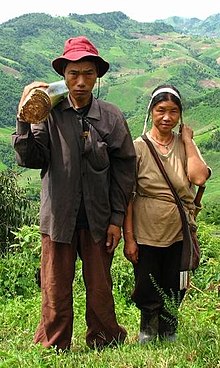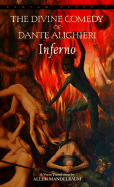If it can be said that “there would be no more honjeong bread” the whole school would fall into panic. For all students, without exception, honjeong bread is the only reason they are in this school. Students revere Mr. Hwang, the great creator of the most delicious and fantastic food in the entire universe, whose job is to make honjeong bread every day. One day at morning assembly, Mr. Hwang announced that there would be no more honjeong bread. At this declaration, most students thought “What?” while some thought it was merely a prank. However, that night after honjeong, there really was no bread. At this, the entire student body went into a state of panic. People could not properly indulge in academics during the 2nd self-study period because there was no honjeong bread. The most delicious and fantastic food in the entire universe, which had kept students working throughout the whole day, had disappeared from KMLA.
So what did the students do? They went on a strike! Each and every student of KMLA refused to attend classes, not to mention advisor-times. They stayed in their rooms for the entire day, and at mealtimes, everyone ordered chicken to their dormitory rooms and had the bewildered dorm parents pay for their purchases. The leftover chickens were thrown out the windows. Soon, the smell of chicken, fried, spiced, and rotten, vibrated in the dormitory halls as well as in rooms. 3rd graders made a wall in front of the entrances to their floor, isolating themselves from the reach of others.
A month passed without anyone doing anything constructive to solve the chaotic situation. Although the school did threaten students to expel them if they didn’t end the strike, no one was stupid enough to believe it. The school couldn’t possibly expel all the students. Or so they thought.
The president of the legislative council Lee Joo-Hyung tried to bring about the resurrection of honjeong bread. He believed that through collective bargaining, students could persuade Mr. Hwang to make honjeong bread again, to be eaten after honjeong. However, the negotiation proved useless because both the students and teachers held their own positions rather than yielding and looking for an agreement. Instead of a peaceful resolution, parents and the school forcibly broke the strike. In the aftermath of the resistance, some students who were the leaders of the demonstration were expelled from the school. The incident ended with numerous casualties.
Honjeong bread is definitely an important thing. It is the only source of food we can normally get (if we do not resort to measures such as ordering from the Internet or bringing some from home), since there is no snack bar in this isolated school. However, the sudden strike was too radical. It would have been better had the students acted more politely and tried to negotiate with the school faculties through executive and legislative members.





























